Rabbits are known for their love of sweet treats, but did you know that feeding your furry friend too much sugar can be detrimental to their health? A rabbit’s digestive system is designed to process a diet that is high in fiber and low in sugar, so overfeeding them sugary foods can lead to a range of health issues. In this post, we’ll explore the potential risks of feeding a rabbit a diet that is too high in sugar and provide tips for maintaining a healthy and balanced diet for your fluffy friend. So, grab a carrot and let’s dive in!
Rabbits are adorable, fluffy animals that make great pets. They are also herbivores, which means that they require a diet that is high in fiber and low in sugar. However, many rabbit owners may not be aware of the potential dangers of overfeeding their furry friends a diet that is too high in sugar. In this blog post, we will discuss the various risks associated with feeding a rabbit a diet that is too high in sugar.
Dental Problems:
Rabbits’ teeth grow continuously throughout their lives, and a diet that is high in sugar can lead to dental problems such as overgrown teeth, abscesses, and tooth decay. Overgrown teeth can cause pain, make it difficult for rabbits to eat, and even lead to starvation. In severe cases, dental problems may require surgical intervention, which can be costly and stressful for both the rabbit and the owner.
Obesity:
Feeding a rabbit a diet that is too high in sugar can also lead to obesity. Obesity is a serious health condition that can lead to a variety of health problems, including heart disease, diabetes, and liver disease. Obese rabbits may also have difficulty grooming themselves, which can lead to skin infections and other health problems.
.jpg)
Gastrointestinal Problems:
Rabbits have a delicate digestive system, and feeding them a diet that is too high in sugar can lead to gastrointestinal problems such as diarrhea, bloating, and gas. These conditions can be very uncomfortable for rabbits and may require veterinary treatment.
Behavioral Problems:
Rabbits that are fed a diet that is too high in sugar may also develop behavioral problems such as aggression and hyperactivity. These behaviors can be very distressing for both the rabbit and the owner, and may require behavioral training and other interventions.
Overall, it is essential to provide your rabbit with a healthy, balanced diet that is high in fiber and low in sugar to ensure their long-term health and well-being. Feeding your rabbit a diet that is too high in sugar can lead to a variety of health problems, including dental problems, obesity, gastrointestinal problems, and behavioral problems. If you are unsure about what to feed your rabbit, consult with a veterinarian or a rabbit nutritionist to ensure that your furry friend receives the proper nutrition they need.
In conclusion, feeding your rabbit a diet that is too high in sugar can lead to severe health problems, including obesity, dental disease, and gastrointestinal issues. As a responsible pet owner, it’s important to provide your rabbit with a balanced and healthy diet that meets their nutritional needs. Remember, rabbits are herbivores and require a diet that is high in fiber, low in sugar, and rich in essential vitamins and minerals. By providing your fluffy friend with the right diet, you can ensure their long-term health and happiness. So, make sure to consult with your veterinarian and do your research before introducing any new foods to your rabbit’s diet.
Please follow us on Social Media


.jpg)
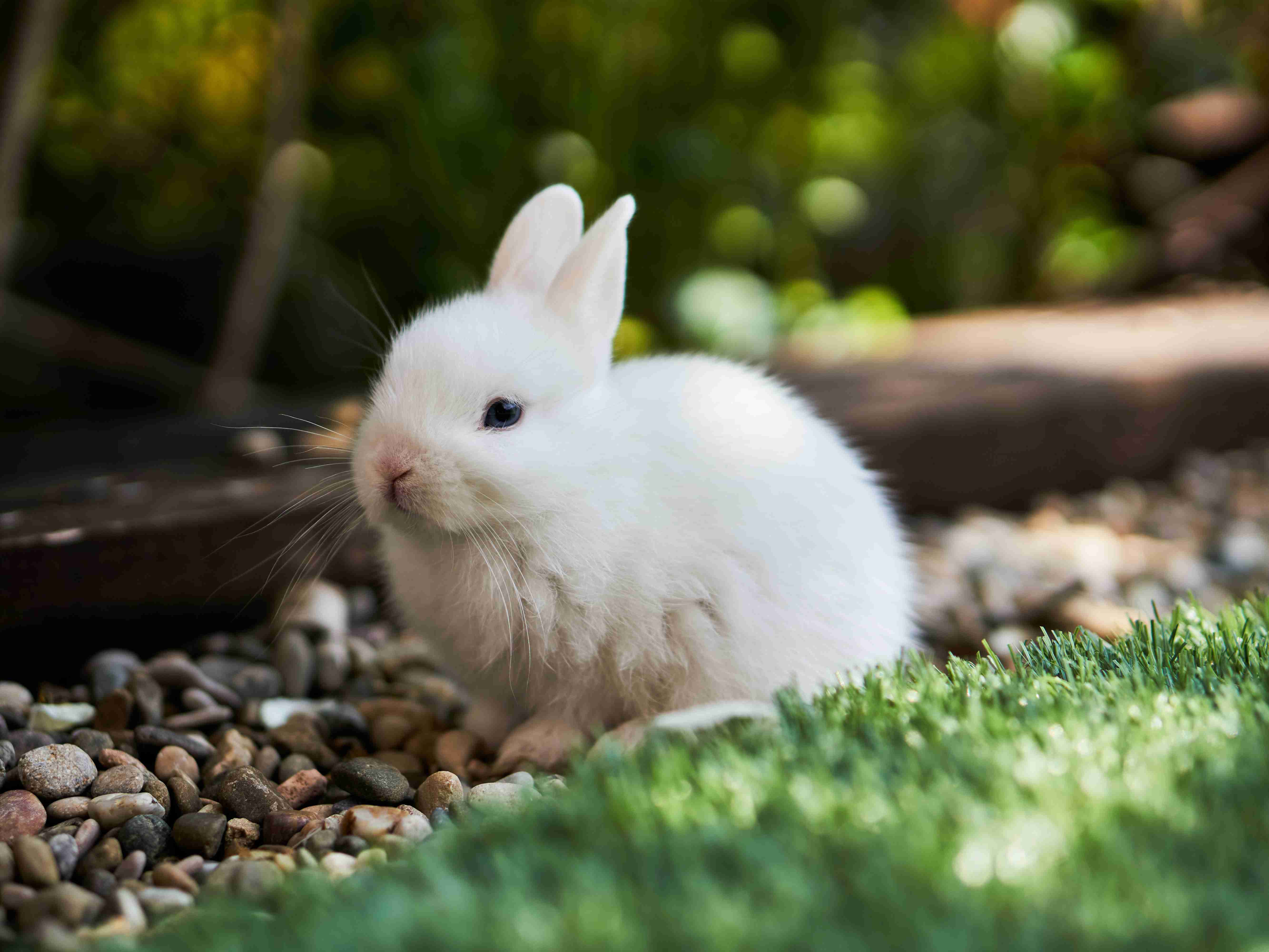
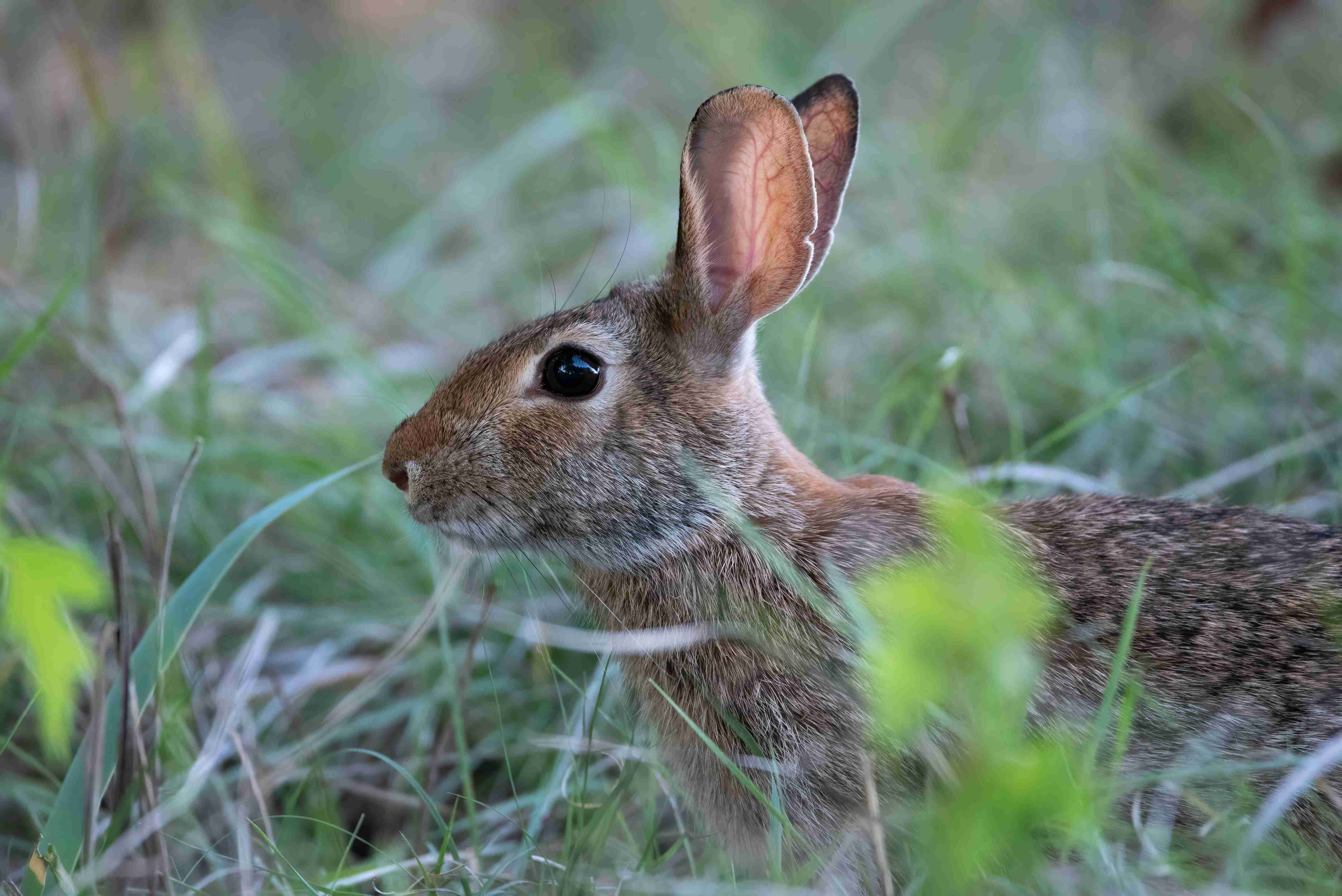
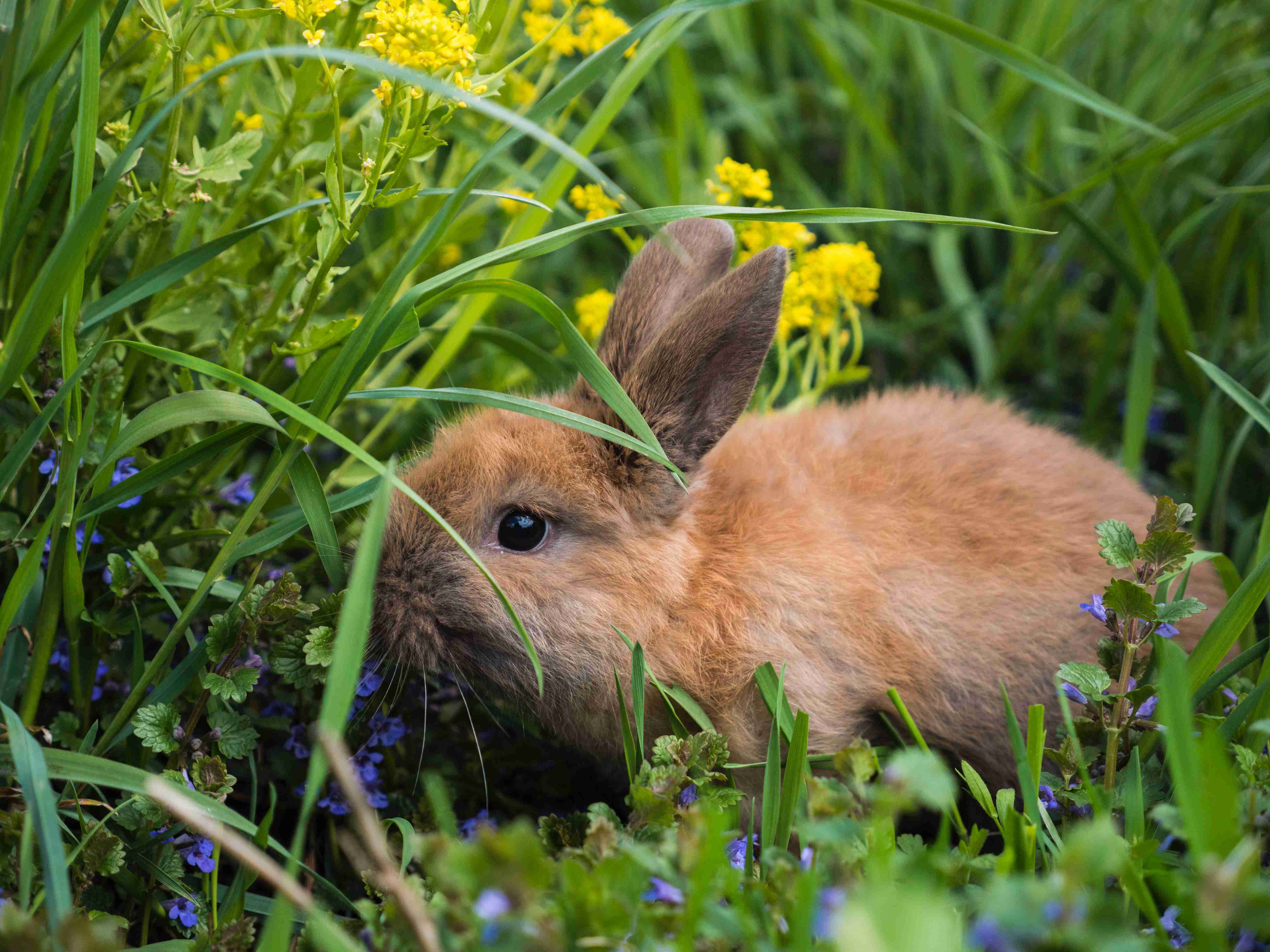
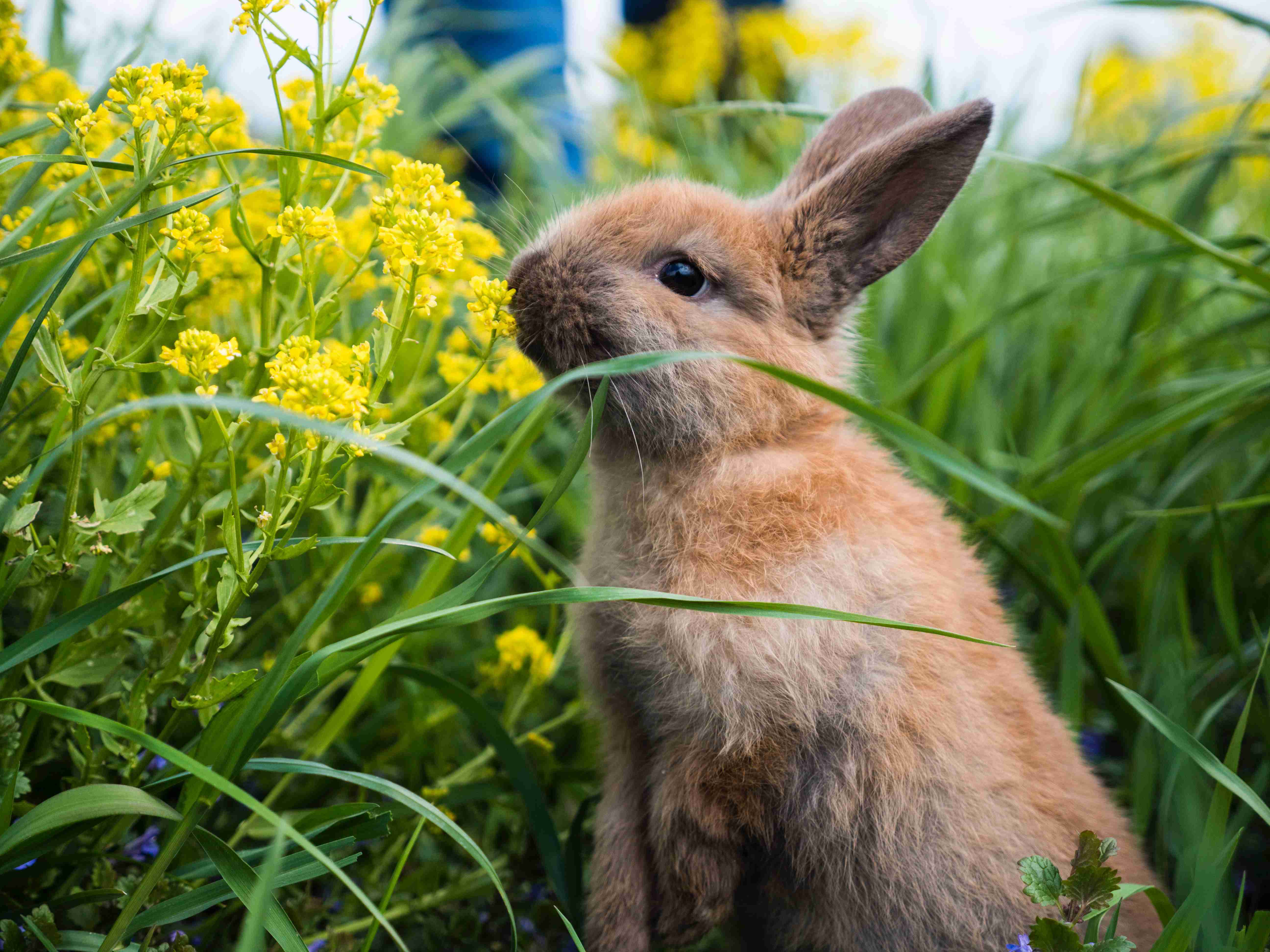
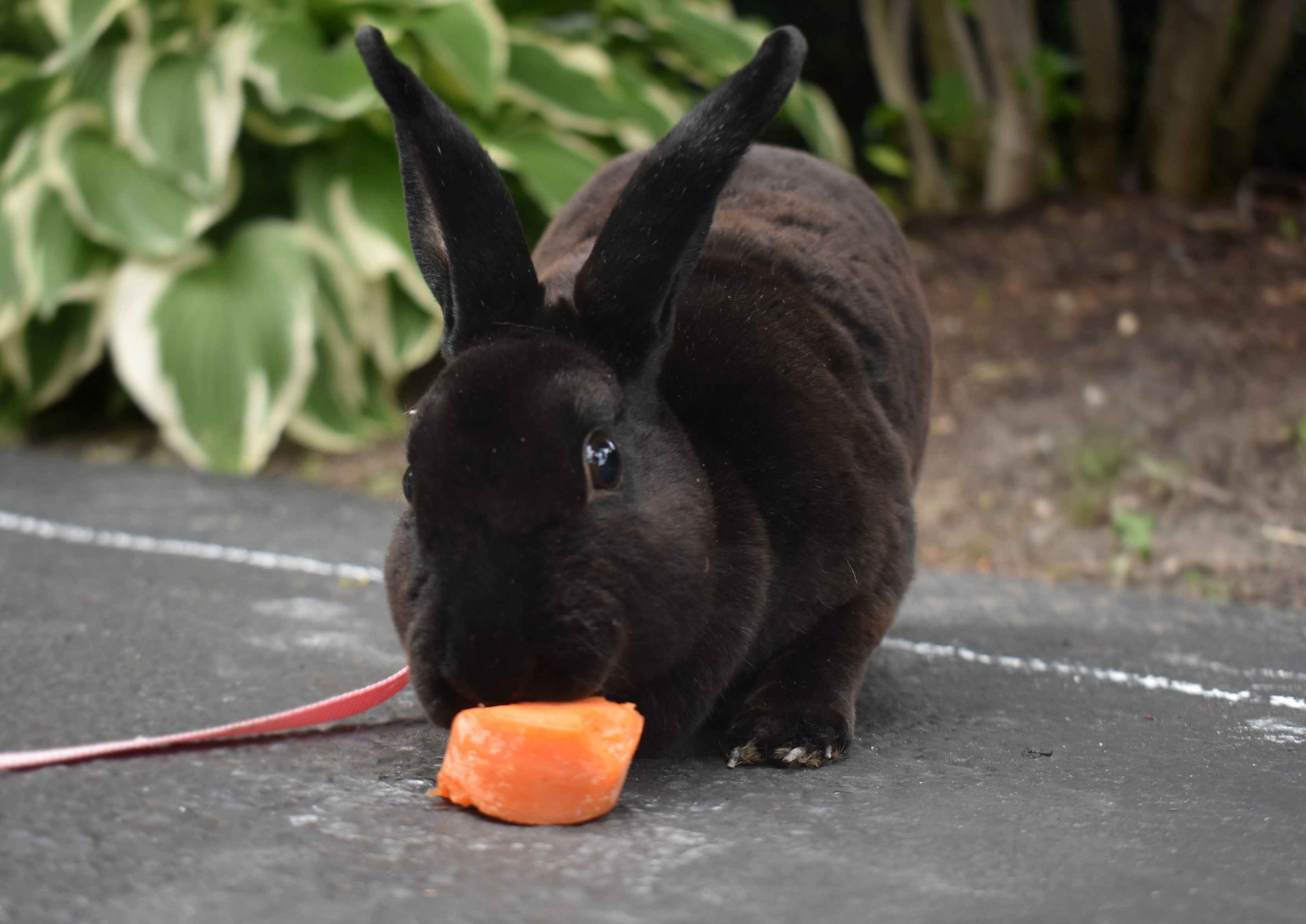
.jpg)